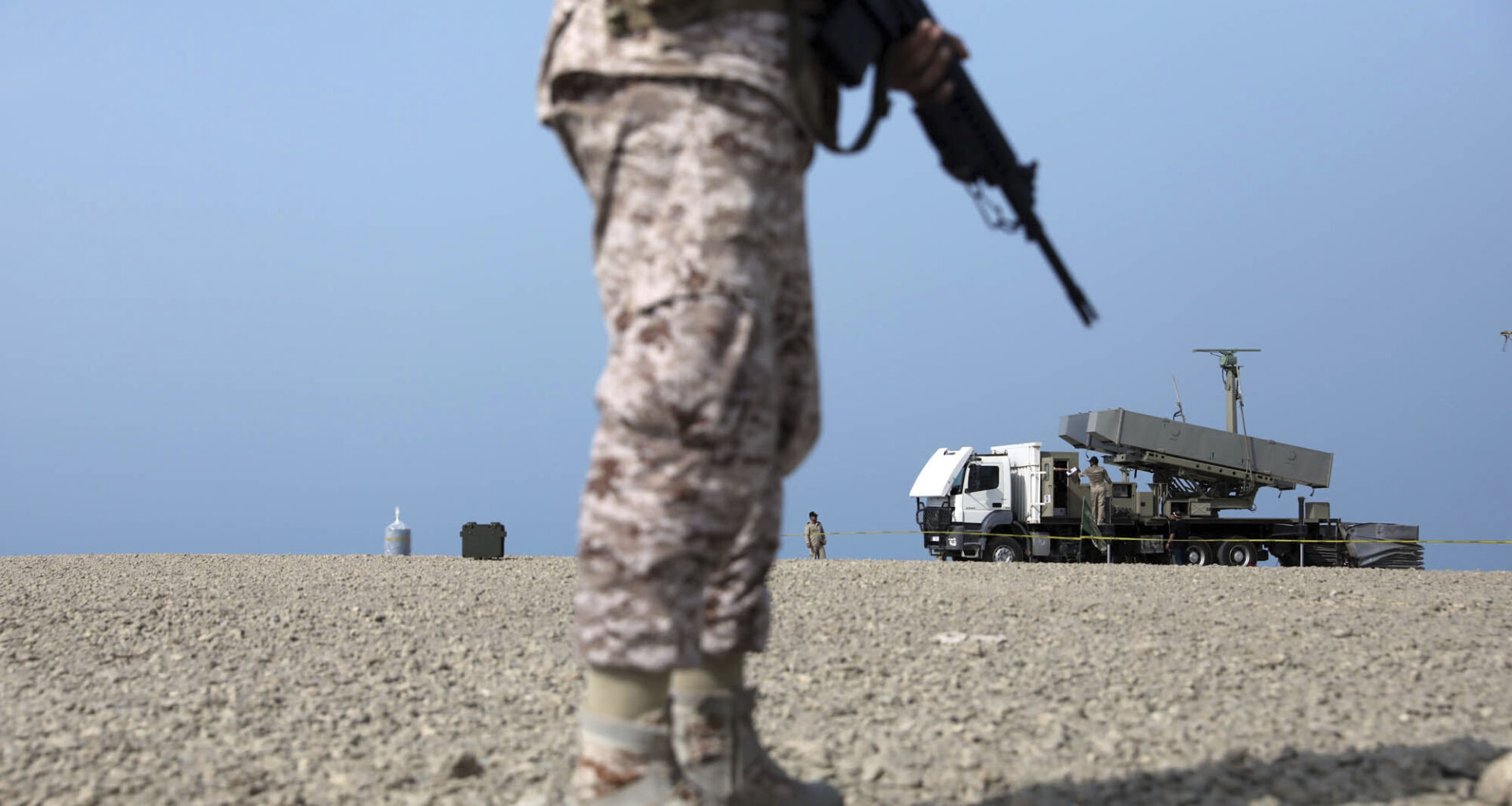Iranian officials have warned that their armed forces are on heightened alert and have prepared a significantly strengthened military posture, emphasizing that the likelihood of a conflict with Israel is very high.
Newsweek has reached out to the Israel Defense Force (IDF) for comment.
Why It Matters
A renewed Iran-Israel conflict could likely inflict heavy civilian casualties and destroy key infrastructure in the combat zones.
Neighboring countries risk spillover from missiles, drones, and regional unrest, while Houthi activity could further escalate tensions, potentially dragging the U.S. back into war.
Iran would almost certainly end any negotiations aimed at preventing it from acquiring nuclear arms, already facing a standoff following U.S.-Israeli attacks on its key facilities and Iran’s retaliatory missiles, which flew across the Middle East and struck a major U.S. air base in Qatar.

This picture released by the official website of the Iranian Army on Thursday, Aug. 21, 2025, shows a part of Iranian navy drill in the Gulf of Oman and the Indian Ocean.
This picture released by the official website of the Iranian Army on Thursday, Aug. 21, 2025, shows a part of Iranian navy drill in the Gulf of Oman and the Indian Ocean.
Masoud Nazari Mehrabi/Iranian Army/AP
What To Know
“We are trying to prevent the region from entering another war, but the possibility of a war between Iran and the Zionist regime is very high,” Deputy Foreign Minister Saeed Khatibzadeh was quoted by the semi-official Tasnim News Agency as saying.
The Iranian outlet also reported Iran’s senior commander Major General Ali Abdollahi saying the Armed Forces are “better prepared and equipped with greater achievements than before the recent imposed war.”
Abdollahi commands the Khatam al-Anbyia Central Headquarters, Iran’s primary military command center. He was appointed following the killing of Gholam Ali Rashid and his successor Ali Shadmani during Israeli strikes in June.
Israel described the strikes as “pre-emptive,” asserting they were aimed at halting Tehran’s rapid progress toward a nuclear weapon, even as diplomatic negotiations with the U.S. were ongoing.
What People Are Saying
Saeid Iravani, Iran’s envoy to the United Nations, addressing General Assembly on Thursday, according to Iranian media said: “Dangers posed by nuclear tests are not confined to deliberate explosions alone; the threat or use of force against nuclear facilities entails equally grave risks. The recent reckless attacks by the Israeli regime and the United States against Iran’s nuclear facilities highlight this urgent concern.”
Tzvi Kahn, Research Fellow at the Foundation for Defense of Democracies, in an analysis on August 29, said: “Iran seeks only an agreement that would enable the regime to advance a nuclear weapons program—not an agreement that would end it… The time is ripe not for an accord, but for increased global economic pressure that would deter the Islamic Republic from ever reconstituting its atomic program—particularly its efforts to enrich uranium.”
What Happens Next
Iran and European countries will continue diplomatic talks over its nuclear program in a bid to de-escalate before Iran faces U.N. “snapback” sanctions, or the automatic and immediate reinstatement of various measures again the Islamic Republic.
